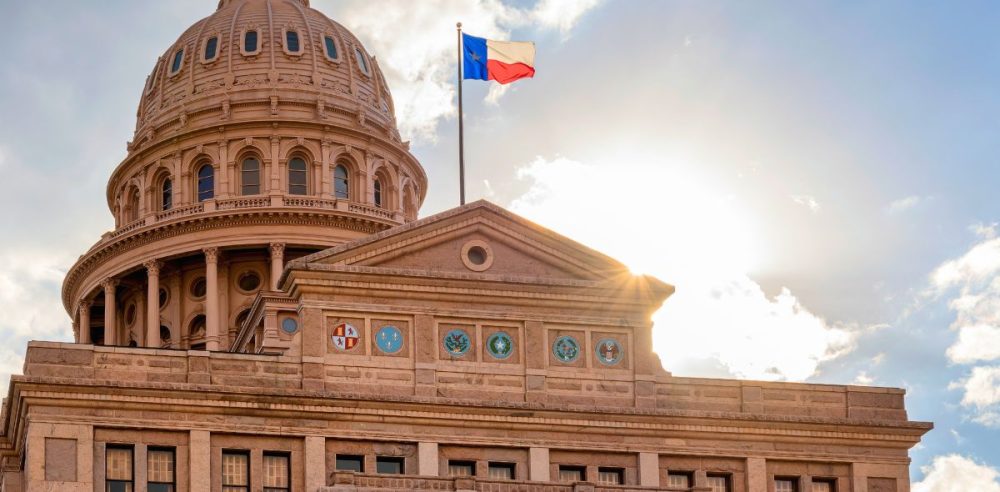(Texas Scorecard) – A proposal in the Texas Senate is drawing fire from First Amendment advocates who say it could turn Texas into a political police state.
Senate Bill 1460, filed by Sen. Donna Campbell (R-Bulverde), would create a statewide “Ethics Violations Registry” managed by the Texas Ethics Commission. Anyone listed would be denied a state license—including the ability to drive, practice medicine, law, real estate, plumbing, or any other licensed trade—until they pay off fines or fulfill other TEC-imposed penalties.
The bill was heard in the Senate Business & Commerce Committee on Thursday morning, after being posted with less than 24 hours’ notice.
Campbell defended the bill in committee, saying the intent is “to stop corruption” and suggesting that those who oppose the bill may be trying to defend unethical behavior. She emphasized that it is still a “work in progress,” noting a forthcoming substitute would clarify that the registry only applies to candidates, officeholders, and lobbyists—or people they believe should register as lobbyists—and that first violations would result in a warning rather than license denial.
“We are not after… the little old ladies, the seniors who are writing signs and putting them in their yard,” Campbell said.
But critics say the bill would give the TEC dangerous power to destroy the livelihoods of Texans engaged in political speech.
First Amendment attorney Tony McDonald likened the bill “to bringing the Chinese social credit system to Texas.”
McDonald described current TEC enforcement as abusive and warned the bill would give the agency unilateral power to blacklist citizens from working.
“SB 1460 will make outlaws of every Texan who is dragged in front of the TEC and who can’t come up with the money to pay their extortionate demands,” he wrote.
He cited several examples of elderly Texans being hit with massive fines for homemade political signs lacking disclaimers and said appeals are nearly impossible given the TEC’s vast legal resources. In one case, a woman was fined $17,500 and defaulted because she had no means to travel to Austin for her hearing.
Campbell, meanwhile, expressed that she could not understand opposition to the legislation.
“I have to question those who are against the bill, are they really wanting to defend doing things that they know are wrong?” asked Campbell.
The bill remains pending in committee.


